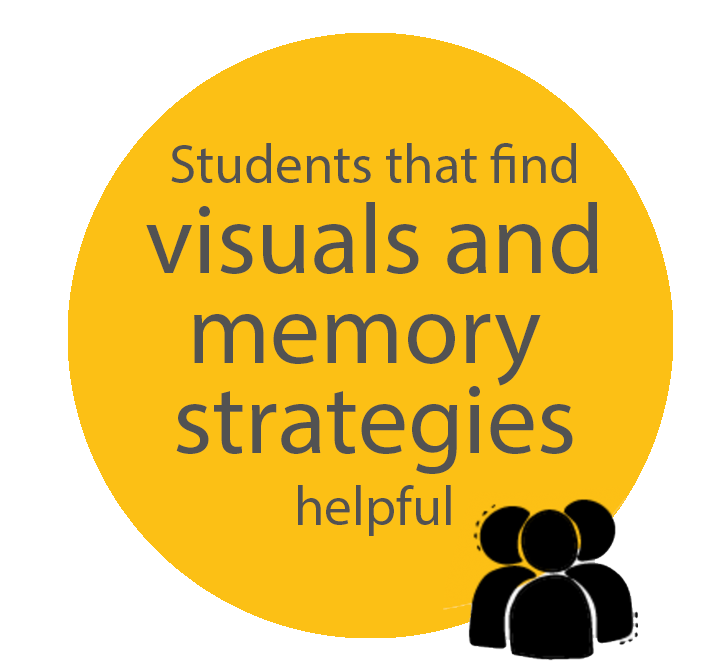
Who would most benefit?
Our resources are designed by special education teachers and speech and language therapists.
We use best practice to support students to learn vocabulary.
(7 day free trial, £14.99/year subscription)
How does Lift Lessons work?
Core idea
Build understanding
Start with the words
The resources have been designed to teach the key words used most often in science, and those words important for core understanding. We hope to empower students with the language they will need to understand fundamental science concepts.
Students may not come across some of the words until aged 11, but we aim to prepare students for science study by breaking down the vocabulary and linking it to the topic.
Research also shows that students need to practise using the word many times to be able to really remember its definition, spelling and contextual information.[1][2]
Different strategies
Animated videos, quizzes, graphic organisers and more
Each of the tasks teaches an important key word within science experiments and physics, because many students find these the most challenging.
All of the resources were designed using evidence-based strategies that have been found to be most effective for supporting young people with Special Educational Needs and learning differences.
Frequently asked questions
How are topics and tasks set out?
Click on the overview to see how the activities are structured.
How do I reset my password?
To reset your password please click 'Forgot Password' on the login screen. This will send you an email. New passwords need to contain a minimum of 8 characters; 1 upper case letter, 1 lower case letter and 1 number.
The login screen looks like this.
What if I need assistance?
Please feel free to email thinkingtalking@yahoo.co.uk if you need any help or run into any issues.
How can I maximise student learning?
Our resources work really well with spaced learning - practice over time. This helps the information to stick in the memory. Repeat the lesson within the next couple of days, and keep repeating with bigger and bigger gaps between studying. Please see our research page for more information.
How can I give you feedback?
At Lift Lessons, we hope to use your feedback to improve the website for students in the future. We'd be very grateful if you could share your thoughts on the site using this feedback link.
Citations
[1] Moody, S., Hu, X., Kuo, L.-J., Jouhar, M., Xu, Z., & Lee, S. (2018). Vocabulary Instruction: A Critical Analysis of Theories, Research, and Practice. Education Sciences, 8(4), 180. Accessed Aug 2019 at http://doi.org/10.3390/educsci8040180
[2] Beck, I. & McKeown, M. (2004). Direct and Rich Vocabulary Instruction. Vocabulary Instruction, New York: Guilford Press. Accessed April 2020, at https://www.learner.org/wp-content/uploads/2019/02/Direct-and-Rich-Vocabulary-Instruction-vocab_Instruction-Fluency-and-Word-Study-Teaching-Reading-3-5-Workshop.pdf







